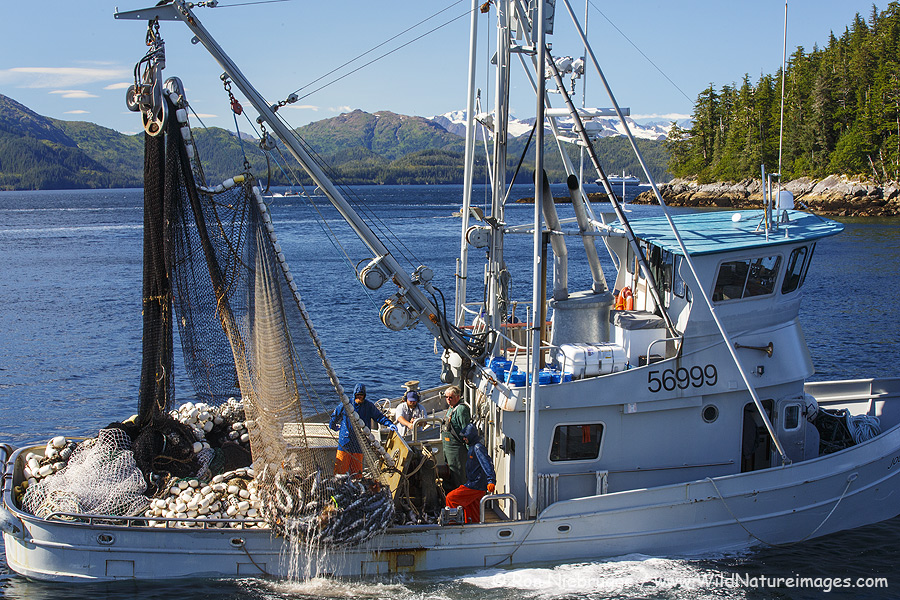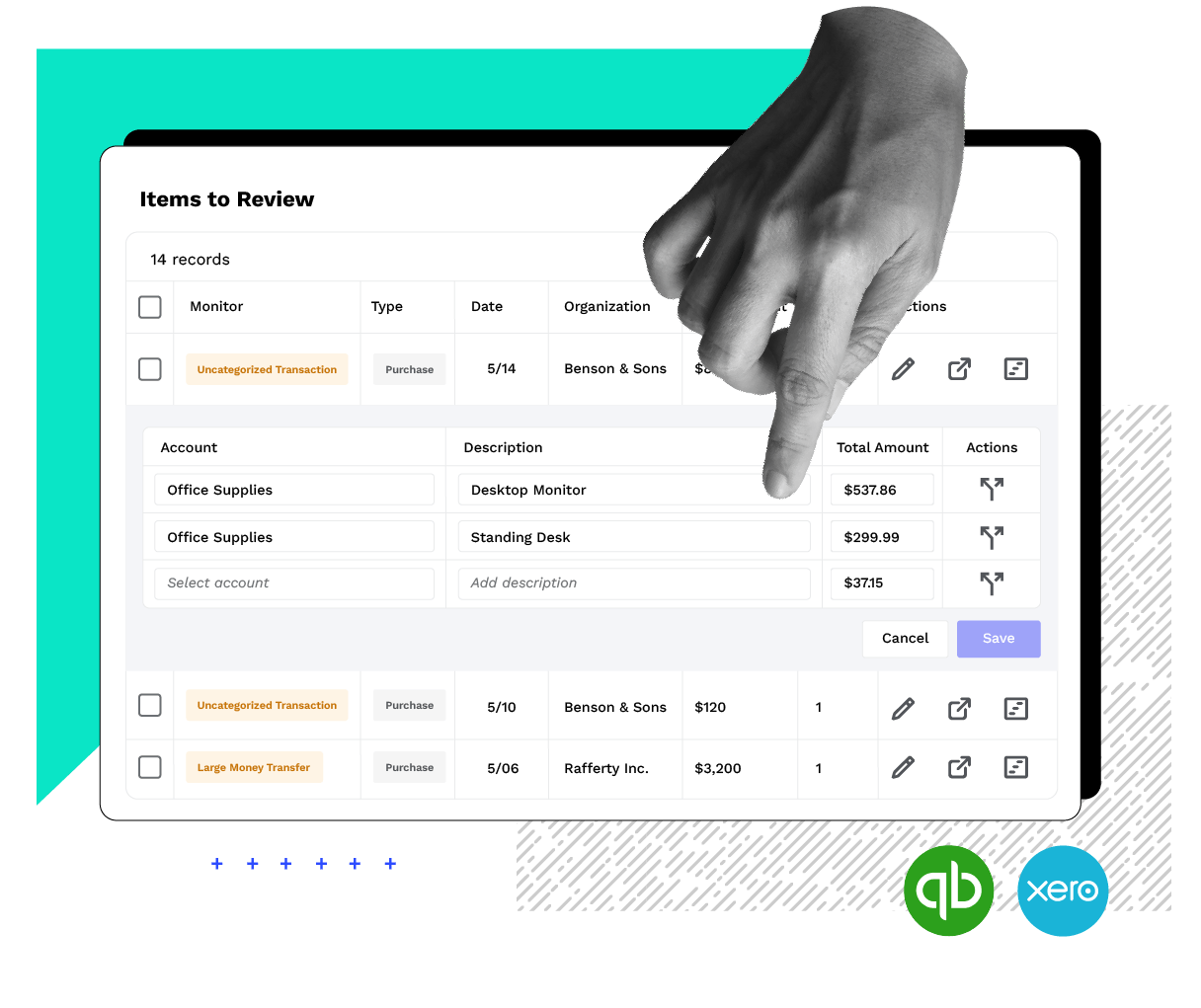The Obama administration is issuing new rules going on the books Jan. 9 to crack down on illegal fishing and seafood fraud by preventing unverifiable fish products from entering the U.S. market.
The new protections are called the Seafood Import Monitoring Program, and they are designed to stop illegally fished and intentionally misidentified seafood from getting into stores and restaurants by way of imported fish.
The rules will require seafood importers to report information and maintain records about the harvest and chain of custody of fish, officials with the National Oceanic and Atmospheric Administration said.
The program will start by focusing on “priority species” that are especially vulnerable to illegal fishing, such as popular food fish such as tuna, swordfish, Atlantic cod and grouper. The government hopes eventually to broaden the program out to include all fish species, NOAA officials said.
“It sends an important message to the international seafood community that if you are open and transparent about the seafood you catch and sell across the supply chain, then the U.S. markets are open for your business,” said Catherine Novelli, a State Department undersecretary.
Estimates of the economic damage of illegal fishing vary, but conservation group Oceana reported in a 2013 study that illegal fishing causes more than $10 billion in global losses every year. Some other estimates are higher.
The rules will help make sure that importers are able to supply “the who, what, why, when, how of fishing,” said Beth Lowell, a senior campaign director with Oceana.
———
Copyright 2017 – Boston Herald
Thanks for reading CPA Practice Advisor!
Subscribe Already registered? Log In
Need more information? Read the FAQs




